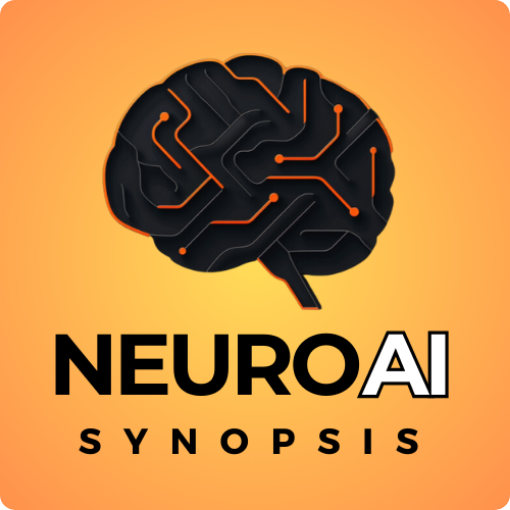Cognitive Computing: AI Systems Mimicking Human Thought Processes
Discover how cognitive computing uses AI to mimic human thought processes, enhancing various industries. Explore innovative developments, real-world applications, and future research in AI-driven cognitive computing.
Cognitive computing leverages Artificial Intelligence (AI) to mimic human thought processes, revolutionizing various industries. This post explores the advancements in cognitive computing, highlighting how AI models replicate human cognition. By examining real-world applications in healthcare, finance, and beyond, we delve into the transformative potential of AI-driven cognitive computing. Discover the innovative developments and future research directions that make cognitive computing a powerful tool for problem-solving and decision-making across diverse fields.
Cognitive computing is at the forefront of Artificial Intelligence (AI), utilizing advanced algorithms to mimic human thought processes. This technology is revolutionizing industries by enhancing problem-solving, decision-making, and data analysis capabilities. This post explores the innovative developments, real-world applications, and future research directions in cognitive computing.
Cognitive computing systems are designed to replicate human cognition by processing information in ways similar to the human brain. These systems leverage machine learning, natural language processing, and data mining to analyze vast amounts of data, identify patterns, and make decisions. By mimicking human thought processes, cognitive computing can handle complex tasks and provide insights that traditional computing systems cannot.
In healthcare, cognitive computing is transforming diagnostics, treatment planning, and patient care. AI systems analyze medical records, imaging data, and genetic information to provide personalized treatment recommendations. Cognitive computing also aids in drug discovery by predicting the efficacy of new compounds and identifying potential side effects.
The finance industry benefits from cognitive computing through enhanced risk assessment, fraud detection, and investment strategies. AI systems analyze market trends, financial reports, and economic indicators to make informed decisions and optimize investment portfolios. Cognitive computing also improves customer service by providing personalized financial advice and resolving queries efficiently.
Despite its potential, cognitive computing faces challenges such as data privacy, algorithmic bias, and the need for large datasets. Ensuring transparency and ethical use of AI systems is crucial for building trust and avoiding unintended consequences. Addressing these challenges requires collaboration between researchers, policymakers, and industry stakeholders.
Future research in cognitive computing focuses on developing more sophisticated algorithms to improve accuracy and efficiency. Advancements in quantum computing and neuromorphic engineering hold promise for further enhancing cognitive computing capabilities. Integrating cognitive computing with other emerging technologies, such as the Internet of Things (IoT) and blockchain, can unlock new possibilities and applications.
Cognitive computing, with its ability to mimic human thought processes, is transforming various industries by providing advanced problem-solving and decision-making capabilities. As technology continues to evolve, cognitive computing will play an increasingly vital role in addressing complex challenges and driving innovation. Future research should focus on improving algorithms, ensuring ethical use, and exploring new applications to fully harness the potential of AI-driven cognitive computing.
Please log in to read the full post and explore these exciting developments in detail.

